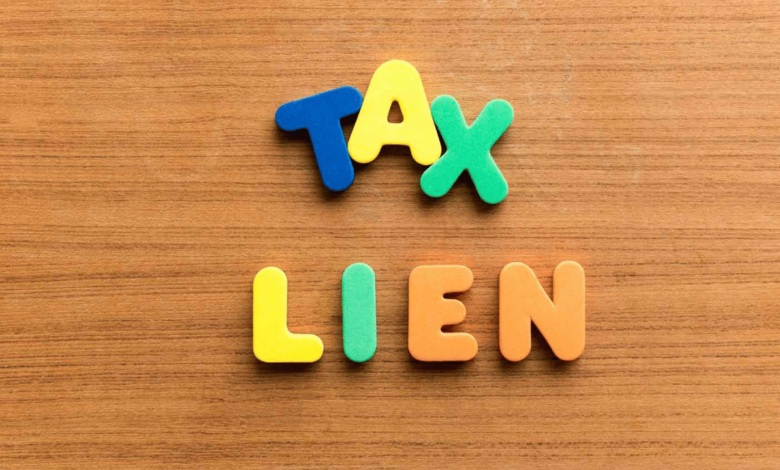Decoding Tax Liens: What They Are and How They Affect You

Tax liens are a critical aspect of property ownership and real estate investment, yet they often remain misunderstood by many. Whether you’re a homeowner, investor, or simply curious about the intricacies of property taxes, understanding tax liens is essential. This blog aims to demystify tax liens, explain their impact, and provide insights into navigating this aspect of property ownership.
What is a Tax Lien?
A tax lien is a legal claim against a property for unpaid property taxes. When property taxes are not paid on time, typically by the property owner, the government (local or municipal) places a lien on the property. This lien serves as collateral for the owed taxes, securing the government’s interest in the property until the taxes are paid off.
How Do Tax Liens Work?
When property taxes go unpaid, the local tax authority can initiate the process of placing a tax lien on the property. This lien gives the government the right to collect unpaid taxes, often with interest and penalties, from the property owner. It’s important to note that tax liens take precedence over other types of liens, including mortgages, which means they must be settled before the property can be sold or refinanced.
Types of Tax Liens
There are two primary types of tax liens:
Property Tax Liens:
These are placed by local governments for unpaid property taxes. Property tax liens are specific to the property and do not directly impact the property owner’s credit score unless they lead to foreclosure.
Federal Tax Liens:
These are imposed by the IRS for unpaid federal taxes. Unlike property tax liens, federal tax liens can affect the taxpayer’s credit rating and financial standing significantly.
Consequences of Tax Liens
Understanding the consequences of tax liens is crucial:
- Foreclosure: If property taxes remain unpaid for an extended period, the taxing authority may initiate foreclosure proceedings to recover the debt through the sale of the property.
- Credit Impact: While property tax liens may not directly affect credit scores, federal tax liens can lead to negative impacts on credit ratings and financial health.
- Legal Issues: Tax liens can lead to legal complications if not addressed promptly, potentially resulting in additional fees, penalties, or even loss of property.
How Tax Liens Affect Property Owners and Investors
For property owners:
- Financial Burden: Unpaid tax liens accumulate interest and penalties, increasing the overall debt owed.
- Risk of Foreclosure: Continued non-payment of property taxes can lead to the loss of property through foreclosure.
For investors:
- Investment Opportunities: Some investors specialize in purchasing properties with tax liens, aiming to profit by resolving the liens and acquiring the property at a lower cost.
- Due Diligence: Investors must conduct thorough due diligence to understand the full extent of tax liens on a property before purchasing it.
Resolving Tax Liens
Resolving tax liens typically involves:
- Payment: Property owners can pay off the owed taxes, interest, and penalties to remove the lien.
- Negotiation: In some cases, negotiating with the taxing authority for a payment plan or reduction in penalties may be possible.
- Redemption: Property owners may have a redemption period after a tax lien sale to reclaim their property by paying off the liens and associated costs.
In Conclusion
Tax liens represent a nuanced but navigable facet of property ownership and real estate investment. Grasping their mechanisms, consequences, and avenues for resolution empowers property owners and investors to adeptly handle these complexities. Whether confronted with a tax lien or contemplating investments involving properties encumbered by liens, consulting a tax debt attorney in Utah can provide invaluable guidance.
Their expertise ensures informed decisions and safeguards financial interests through meticulous research and strategic counsel. Understanding tax liens is pivotal for securing property rights and optimizing investment strategies in the dynamic real estate landscape.




